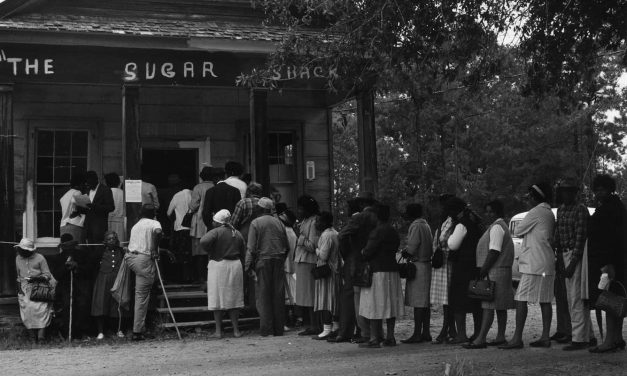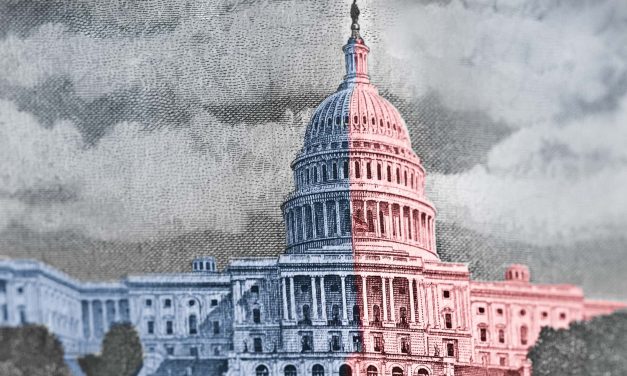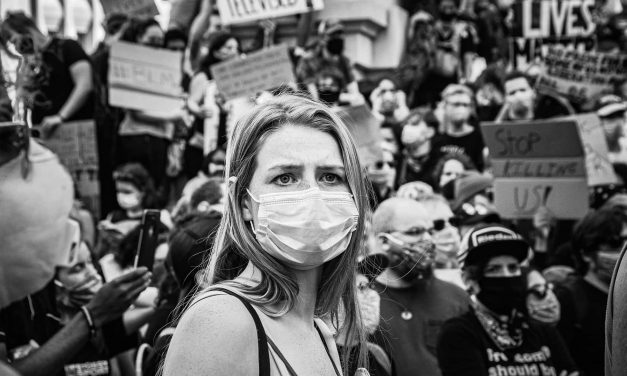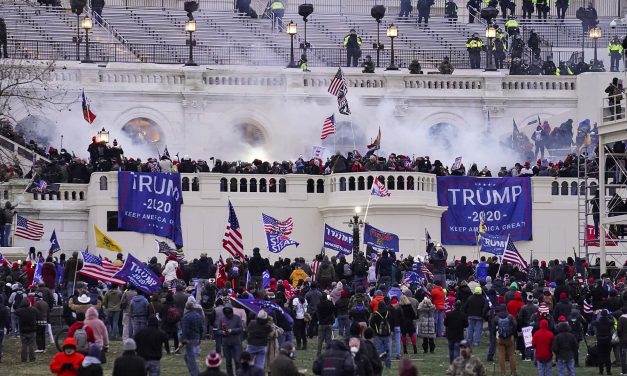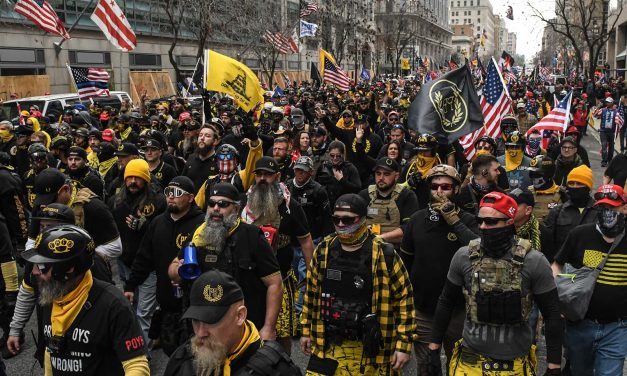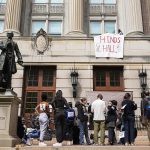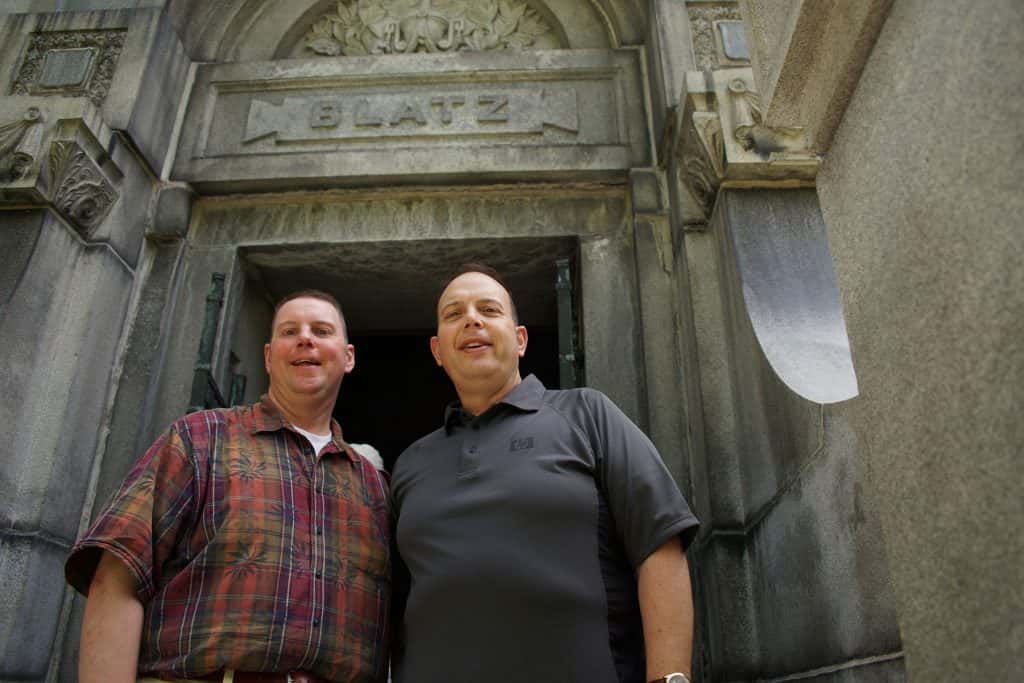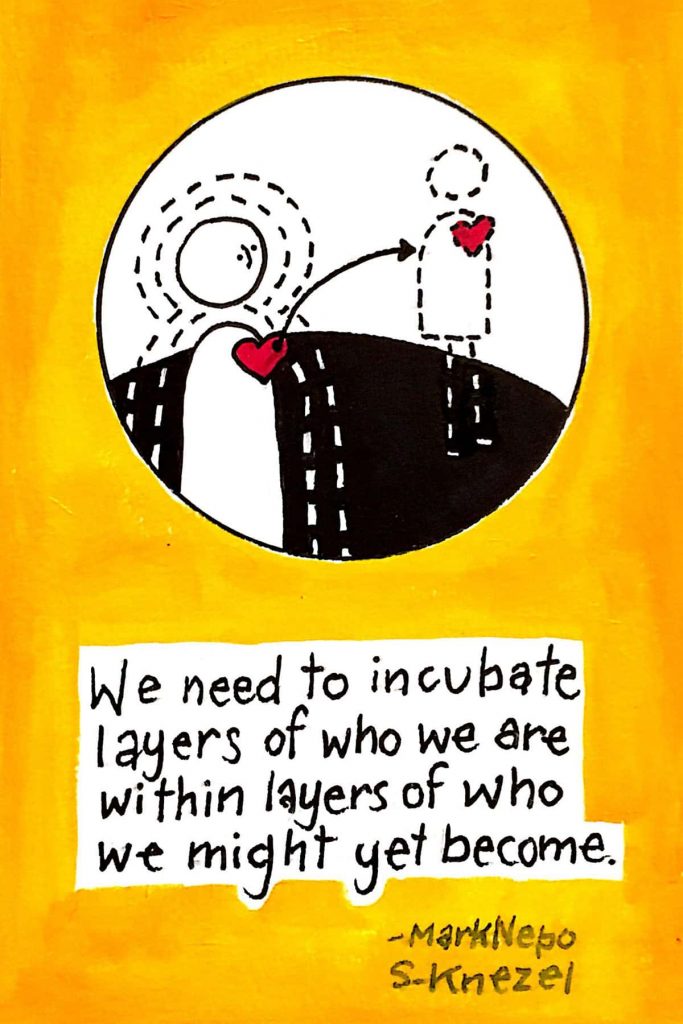Another crisis of unity: Old divisions resurface to show historic fragility of American democracy
By Alasdair S. Roberts, Director, School of Public Policy, University of Massachusetts Amherst For many people, the lesson from the assault on the U.S. Capitol on January 6, 2021 – and more broadly from the experience of the last four years – is that American democracy has become newly and dangerously fragile. In fact, American democracy has always been fragile. And it might be more precise to diagnose the United States as a fragile union rather than a fragile democracy. As President Joe Biden said in his inaugural address, national unity is “that most elusive of things.” Certainly, faith...
Read More
